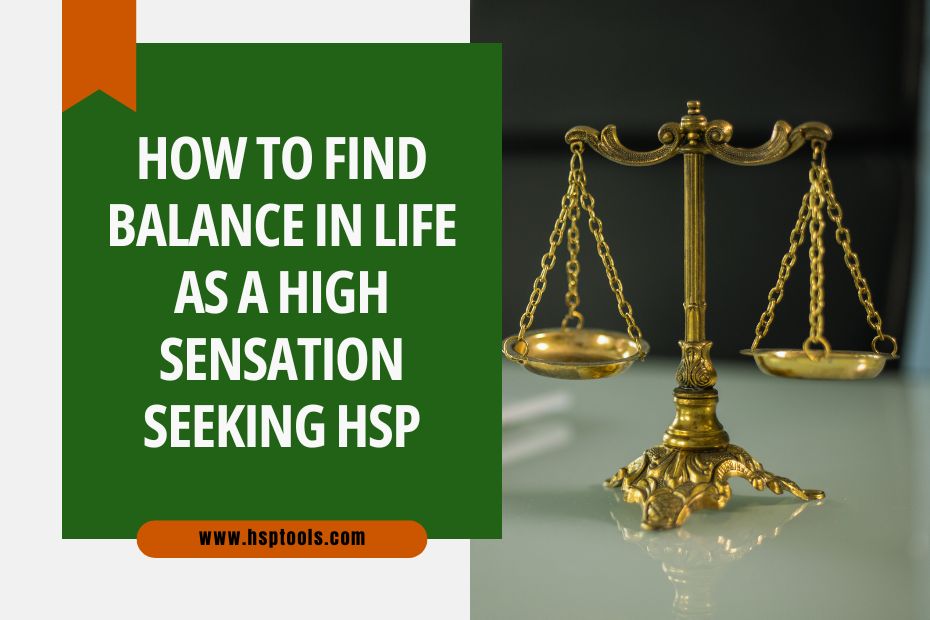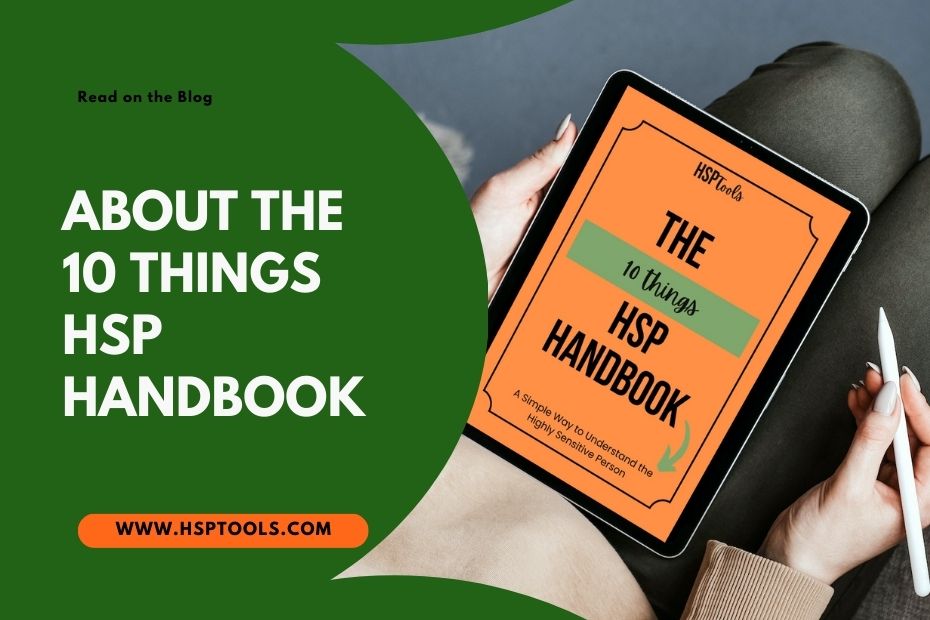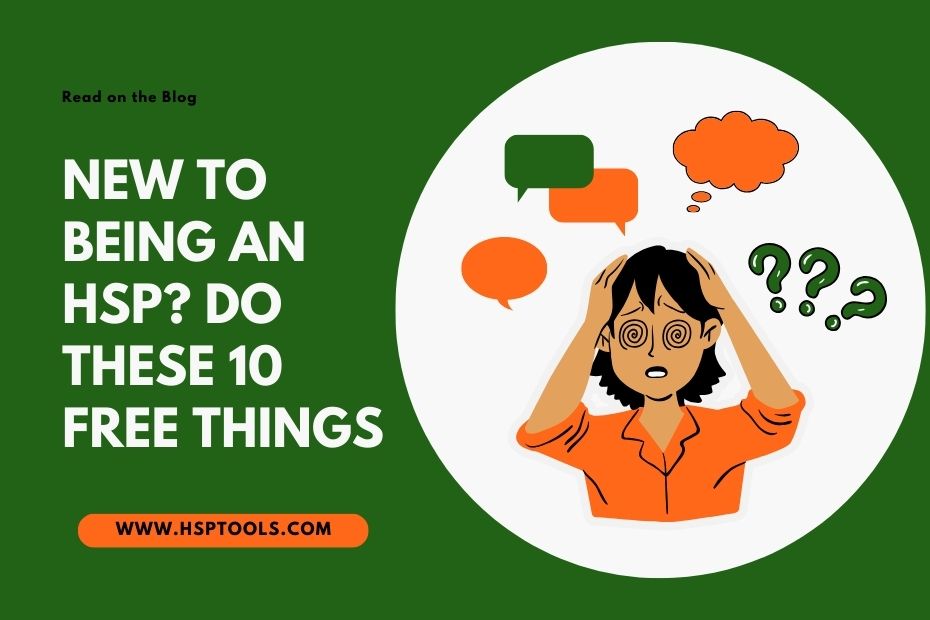New Study Explores the Connection Between Sensitivity and Mental Health
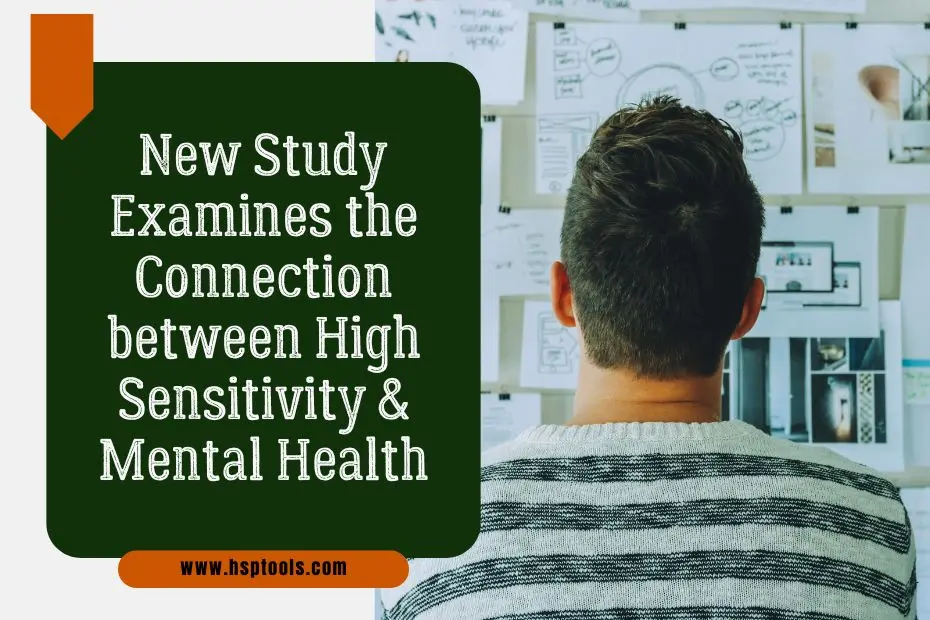
A new systematic review has found that people who are more sensitive to their surroundings are more likely to experience common mental health problems, especially depression and anxiety.
But before you assume that sensitivity is only a burden, the study also confirms something many of us have long known: sensitive people tend to benefit more than others from the right tools, support and care.
The findings originate from a large study that combined data from 33 smaller studies, including nearly 13,000 people. By expertly consolidating and examining this information, researchers were able to explain the connection between sensitivity and mental health.
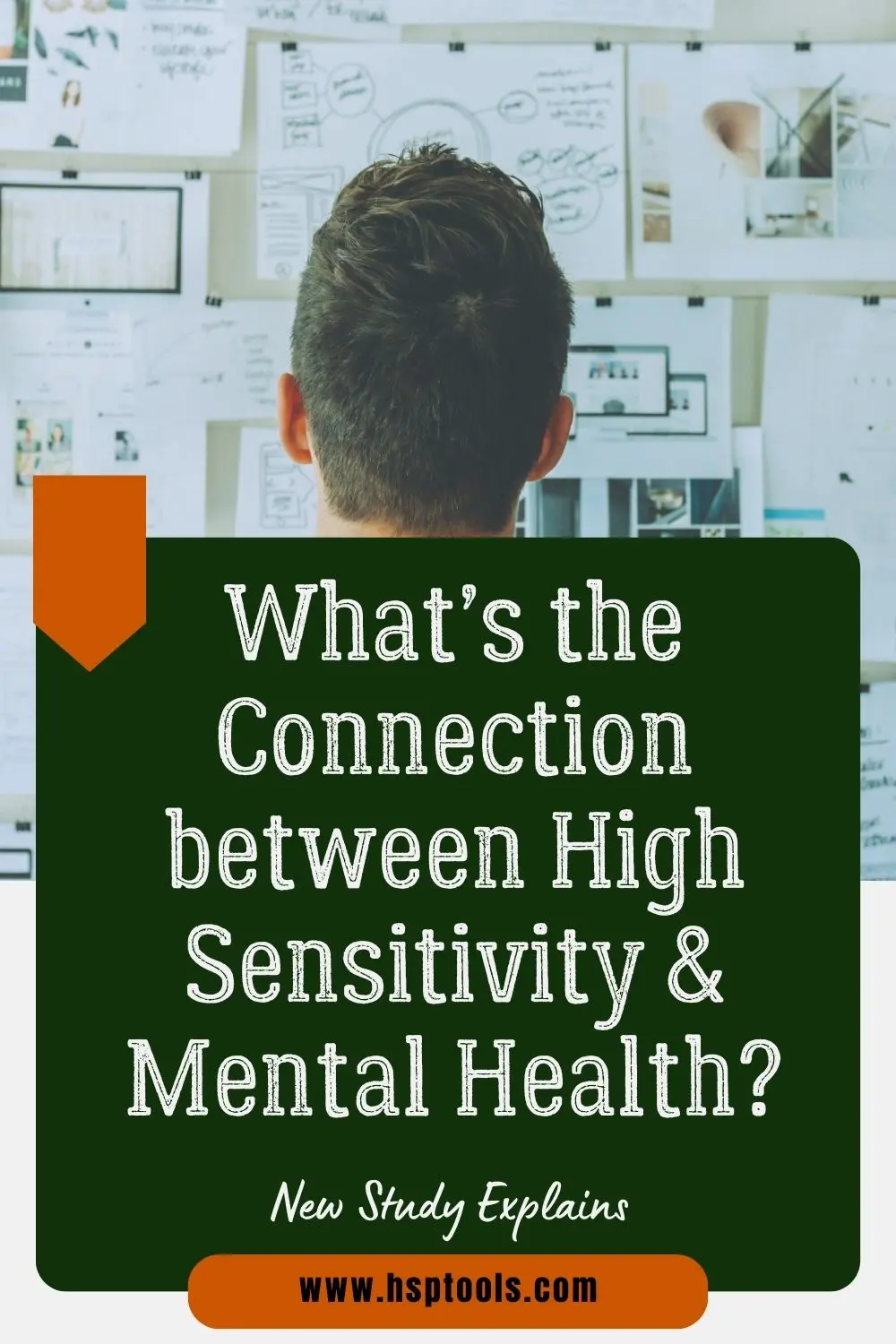
What Does “Sensitivity” Mean?
The study focused on the Sensitivity trait. This is what psychologists and researchers refer to as environmental sensitivity, sensory processing sensitivity (SPS) or differential susceptibility.
The trait explores how strongly someone perceives, processes and is affected by what’s happening around them.
People high in sensitivity tend to notice more details in their environment, whether that’s a faint sound, a strong smell, or a shift in someone’s mood. They also often process experiences more deeply, which can lead to strong emotional reactions.
And with sensitivity existing on a spectrum, research has found that about 30% of people fall into the “highly sensitive” group, 40% are somewhere in the middle, and the remaining 30% are on the lower end.
So, while not everyone identifies as highly sensitive, it’s a trait shared by a large portion of the population.
The Link Between Sensitivity and Mental Health
One of the strongest findings of the review is that higher sensitivity is closely tied to common mental health challenges.
According to the research, sensitive individuals are more likely to experience depression and anxiety compared to those with lower sensitivity.
The studies also found connections to other difficulties, including social phobia, obsessive-compulsive disorder, and physical stress-related symptoms.
Sensitivity Factors Affecting Mental Health
- Overwhelm – Research suggests that highly sensitive people can become overwhelmed more easily, especially in stressful or chaotic environments. When someone feels constantly overstimulated or unable to control their surroundings, it can create a sense of helplessness that can feed into anxiety and depression over time.
- Rumination – Another factor is the tendency to replay negative thoughts or experiences. Sensitive people are often deep thinkers, which can be a strength, but when the mind gets stuck on painful or stressful experiences, it can worsen mental health struggles.
Sensitivity as a Double-Edged Trait
While the risks are clear, the researchers are careful to point out that sensitivity isn’t simply a “problem” but also a hidden advantage.
Sensitive people don’t just react more strongly to negative experiences; they also respond more positively to supportive ones.
This means that while sensitivity may increase the risk of mental health challenges, it also increases the potential for growth and healing.
Supportive relationships, therapy, and positive environments can have a powerful effect on highly sensitive individuals.
Prof. Michael Pluess, one of the study’s senior authors, explained it this way:
This is the first meta-analysis providing robust evidence that highly sensitive people are more prone to common mental health problems.
However, it is important to remember that highly sensitive people are also more responsive to positive experiences, including psychological treatment.
What The Findings Mean for Mental Health Treatment
The researchers behind the review believe their findings should change how mental health care is approached.
Too often, treatment is one-size-fits-all. But if sensitivity plays such an important role in mental health, therapists and doctors could improve outcomes by recognising and adapting to this trait.
For example, sensitive individuals might benefit from therapies that focus on:
- calming the nervous system,
- building coping strategies for overstimulation, and
- addressing patterns of rumination.
Even small adjustments, such as providing a quieter therapy setting or teaching relaxation techniques, could make a meaningful difference.
This also means that, as a Highly Sensitive Person (HSP), you should recognise your trait as part of your mental health journey. You should understand that being more affected by your environment isn’t a flaw but a part of your wiring.
And with the right tools and support, that wiring can become a strength rather than a vulnerability.
The Bigger Picture on Sensitivity and Mental Health
This study challenges the way we think about sensitivity and mental health.
For years, the trait has been misunderstood and dismissed as “being too emotional” or “overreacting.” But the evidence shows that sensitivity is a real, measurable personality trait with significant effects on mental health.
According to the lead researcher, Tom Falkenstein,
This is the most extensive systematic review on sensitivity and mental health in adolescents and adults to date, and is the first ever meta-analysis on the topic to estimate the impact of this relationship.
We found positive and moderate correlations between sensitivity and various mental health problems such as depression, anxiety, post-traumatic stress disorder, agoraphobia and avoidant personality disorder.
Our findings suggest that sensitivity should be considered more in clinical practice which could be used to improve diagnosis of conditions.
For highly sensitive people, the message is both validating and encouraging.
Yes, there are challenges involved with being deeply affected by your surroundings. But there is also great potential for growth, healing, and thriving, especially when the trait is recognised and supported.
Final Takeaway
Sensitivity is not a weakness. It is a way of experiencing the world that comes with both risks and rewards.
By acknowledging that sensitivity and mental health are directly related, we can move beyond stereotypes and create environments where sensitive individuals are not just surviving, but flourishing.
Our results provide further evidence that sensitive people are more affected by both negative and positive experiences and that the quality of their environment is particularly important for their well-being. — Prof. Michael Pluess
Article Sources
- Falkenstein, T., Sartori, L., Malanchini, M., Hadfield, K., & Pluess, M. (2025). The Relationship Between Environmental Sensitivity and Common Mental-Health Problems in Adolescents and Adults: A Systematic Review and Meta-Analysis. Clinical Psychological Science. DOI: 10.1177/21677026251348428
- Queen Mary University of London. People with sensitive personalities more likely to experience mental health problems. August 18, 2025. Link.
- ScienceDaily. This overlooked trait could explain anxiety and depression in millions. August 19, 2025. ScienceDaily
- News-Medical. Highly sensitive individuals more prone to mental health challenges. August 18, 2025. News-Medical
- Medical Xpress. People with sensitive personalities more likely to experience mental health problems, analysis indicates. August 16, 2025. Medical Xpress
- ScienceBlog. Study links sensitive personalities to mental health risk. ScienceBlog.com
- Neuroscience News. Highly Sensitive People Face Greater Mental Health Risks. Neuroscience News



